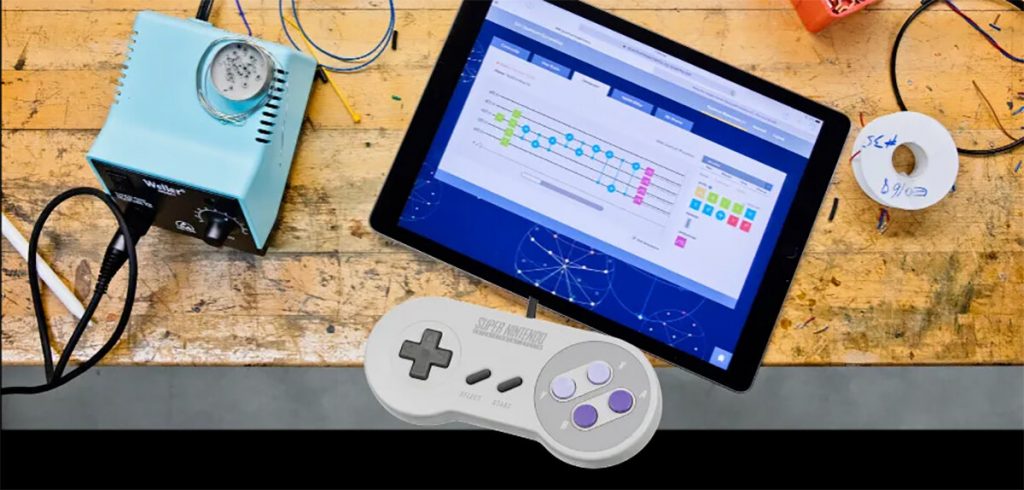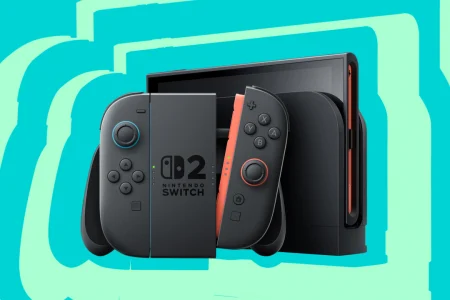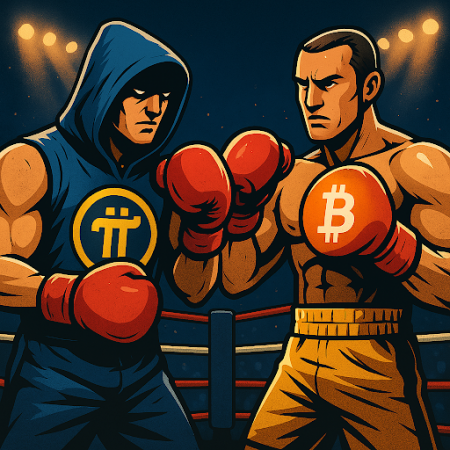Quantum computers make random number generation a possibility and we’re talking about genuinely random numbers with no pattern whatsoever.
While Quantum computing most definitely has a long list of priorities that are mostly “scientific,” and don’t involve any form of entertainment, the second question you usually ask a person when you see a computer is “Does it have any games?” That’s probably what IBM researcher James Wootton was thinking back in 2017 when he created the first quantum game called Cat-Box-Scissors.
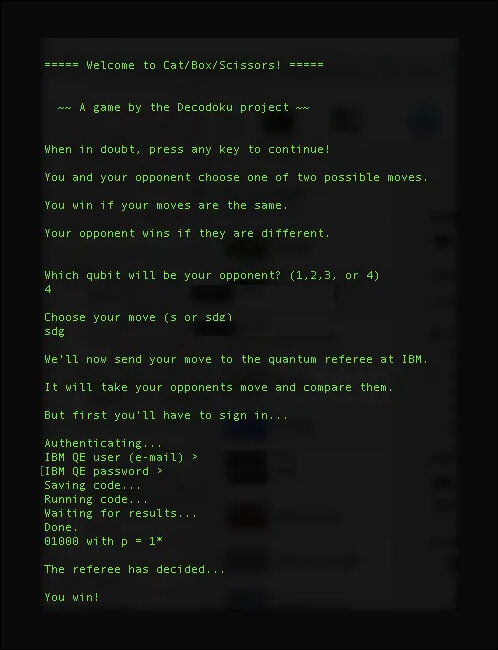
Based on the children’s (and sometimes adults’) game Rock Paper Scissors, the game uses 5 qubits (or quantum bits) and demonstrates that quantum computers can indeed be used to play games. Now if you’re imagining 3D graphics, think again, current quantum computers can’t do a lot except run quantum algorithms much faster than regular computers so this game was text-based.
Quantum games
He was also quoted stating “‘What can quantum computers do for games?’ is an important question for the game industry, but also, what can games do for quantum computers?” If you’re wondering what sort of question that is and how computer games could impact something as “scientific” as quantum computers, you’d be surprised. Games are an integral part of the human learning cycle and we have covered extensively in a previous topic how video games are in fact responsible for some of the biggest breakthroughs in AI and machine learning technology.
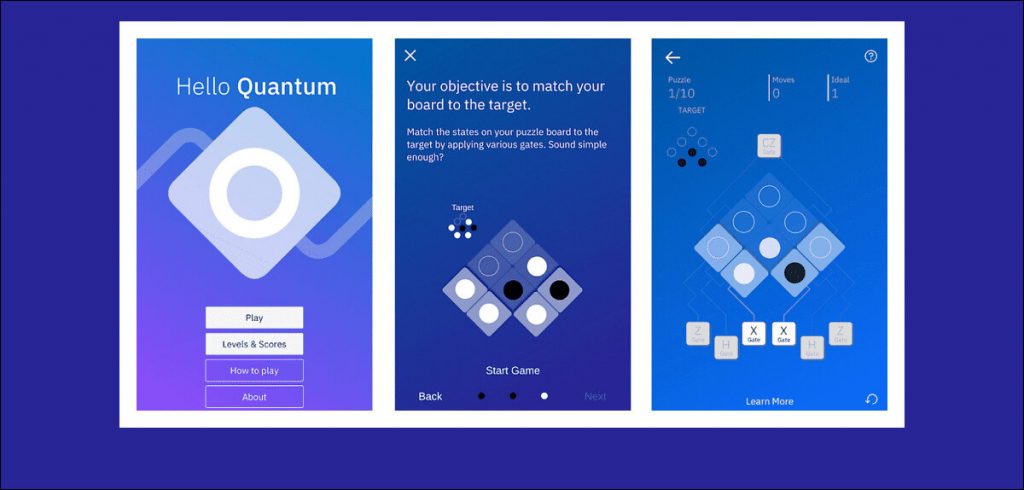
James Wootton has since created several games for quantum hardware including Qiskit Blocks (quantum Minecraft), a simple version of battleships, and a puzzle game called Quantum Awesomeness.
He has also used Qiskit to create new Mario Levels (though not as heavy on the graphics as PC versions) and is currently working on a Civilization-type game that can be played on Quantum hardware. Another interesting angle to quantum gaming is games that run on Quantum Computers while also teaching you quantum science.
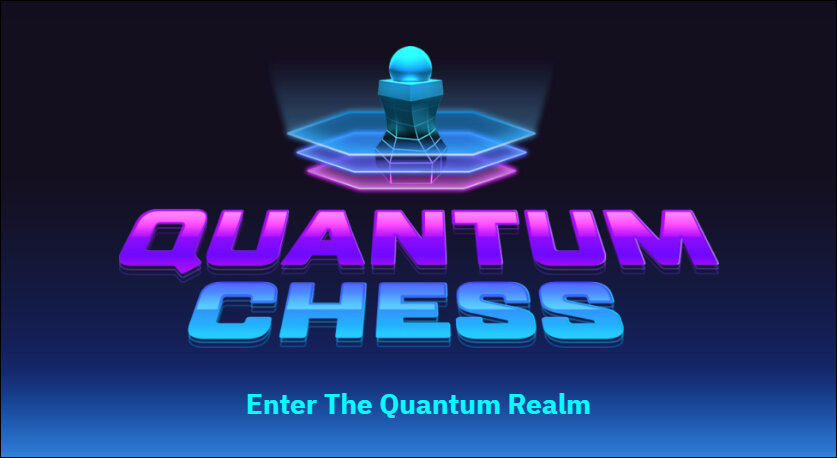
One such game was developed by Caltech’s Institute for Quantum Information and Matter. The game is called Quantum Chess and is reportedly instrumental in building an “intuition” about Quantum Information Sciences among students. It does this by exploring topics like superposition and entanglement. Another quantum game called Qubit the Barbarian is a puzzle game that explains how qubits, unlike regular bits, can be either zeros, ones, or a combination of both at the same time.
A touch of human randomness
Being random is an inherently human trait that try as they might, computers and even AI find it hard to replicate. Even in most computer games where objects or obstacles are supposed to appear at random, there is always a pattern that can be deciphered if you look hard enough. The pattern of gems appearing from cleared obstacles in Clash of Clans, the popular mobile phone game, is a good example. That being said, however, this is one area where quantum computers could really add something to computer games as unlike traditional computers, they can actually be random! That’s right, quantum computers make random number generation a possibility and we’re talking about genuinely random numbers with no pattern whatsoever.
James Wootton has already developed a proof-of-concept where he has used a quantum computer to build a randomly generated game terrain. This is a pretty big deal for games as what this means is that quantum computers could completely remove the predictable nature of computer games. This could do a lot for the gaming industry by adding an element of true uncertainty that is missing, especially when dealing with NPC characters in-game.
Additionally, quantum computers also promise to significantly improve AI since making algorithms run faster is one thing that quantum computers do really well. This could mean a lot more realistic and again, unpredictable experiences in-game, as well as more realistic NPC characters to communicate with.
Quantum Quake?
In conclusion, while quantum games may not be the futuristic versions of Quake and Doom most of us imagined but instead smart little retro games that mostly come under the proof-of-principle category, it’s still pretty early in the world of quantum computing. If you think back to the first games that came out on PCs or phones like the ever-popular snake game, for example, they were all pretty basic but demonstrated how PCs and phones could be used to play games.
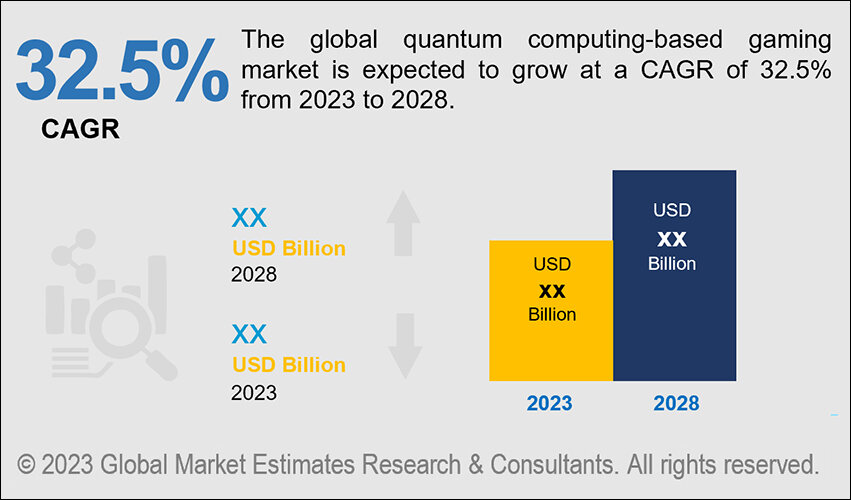
While it may look like James Wootton is one of the few people interested in using quantum hardware to play games right now, the global market for quantum computing-based games is expected to grow by 32.5% from 2023 to 2028 with major players including IBM, Google, RedHat Open Shift, and others. Keeping that in mind, a Quantum Quake could one day be a possibility.
In case you missed:
- Netflix replaces its game developers with AI
- These AI powered devices add smells to virtual worlds
- Mainstream AI workloads too resource-hungry? Try Hala Point, Intel’s largest Neuromorphic computer
- Lab-Grown Brain Thinks It’s a Butterfly: Proof We’re in a Simulation?
- Omnidirectional VR treadmills, go anywhere without going anywhere!
- This computer uses human brain cells and runs on Dopamine!
- Nvidia Project GROOT for humanoid robots
- Having two left thumbs may no longer be a bad thing
- Training AI for Pennies on the Dollar: Are DeepSeek’s Costs Being Undersold?
- NVIDIA just dropped “ACE” at CES 2025: Truly intelligent NPCs coming soon!



